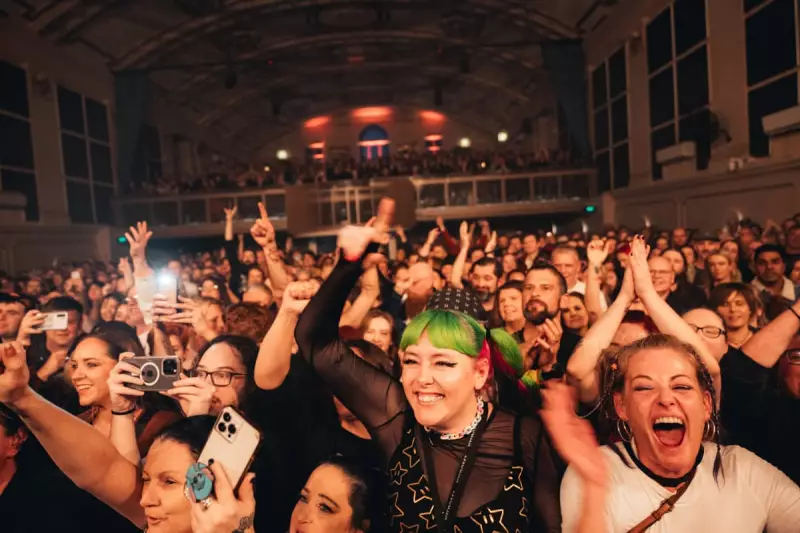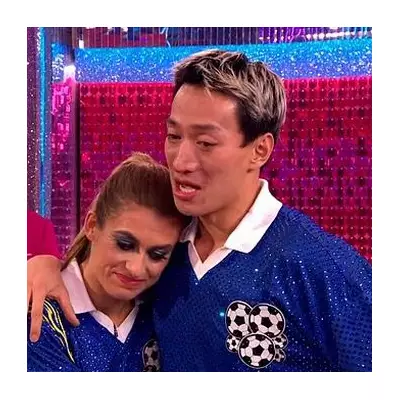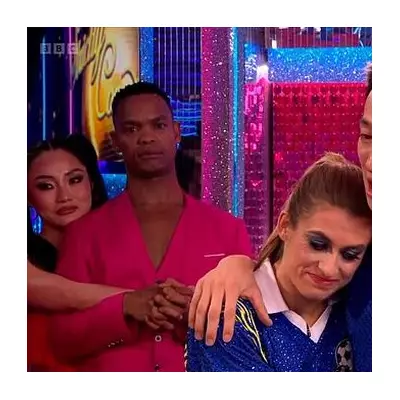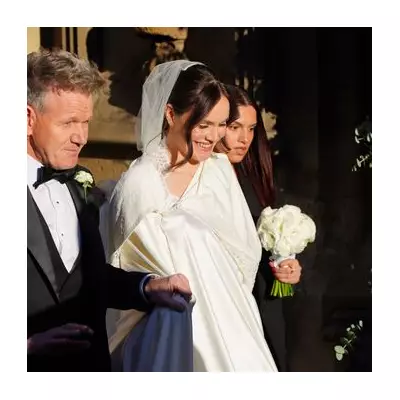
The announcement of Killing Heidi's highly anticipated reunion tour has sent waves of excitement through Australia's music scene, but it's also reignited a crucial debate about the industry's growing dependence on nostalgia acts.
The Return of an Australian Icon
Fronted by siblings Ella and Jesse Hooper, Killing Heidi dominated Australian airwaves in the late 1990s and early 2000s with hits like "Weir" and "Mascara." Their upcoming tour, marking 25 years since their breakthrough, promises to deliver exactly what fans crave: a nostalgic trip back to their youth.
The Double-Edged Sword of Nostalgia
While fans are celebrating the band's return, music industry analysts are sounding a note of caution. The Australian live music circuit is experiencing what some are calling a "nostalgia glut," with reformed bands from decades past increasingly dominating festival line-ups and venue bookings.
"We're seeing established acts from the 90s and 2000s crowding out opportunities for emerging artists," explains music industry analyst Sarah Chen. "Venue owners and festival organisers are playing it safe, booking acts with guaranteed audience draw rather than taking risks on new talent."
Economic Realities vs Artistic Innovation
The trend isn't without its economic logic. After the devastating impact of pandemic lockdowns on the live music sector, guaranteed crowd-pleasers provide much-needed financial stability for venues and promoters. However, this short-term security may come at the cost of long-term artistic vitality.
Current data reveals a concerning pattern: nostalgia acts now account for nearly 40% of major festival headliners in Australia, up from just 15% a decade ago. Meanwhile, slots for breakthrough artists have decreased proportionally.
A Generation of Music Lovers Left Behind?
Beyond the industry implications, there's a cultural cost. Younger music fans are finding fewer opportunities to discover the "next big thing" in mainstream venues, potentially creating a generational gap in Australia's music appreciation.
As Killing Heidi prepares to take the stage once more, the conversation continues: are we celebrating our musical heritage, or simply living in the past at the expense of our creative future?





